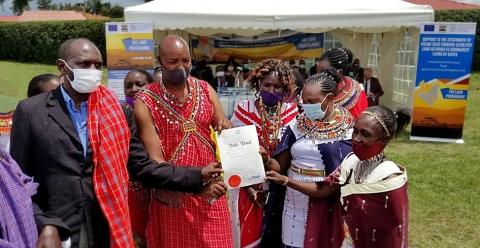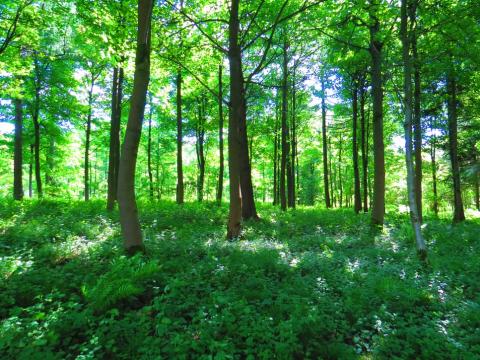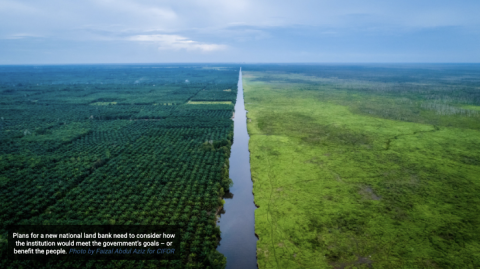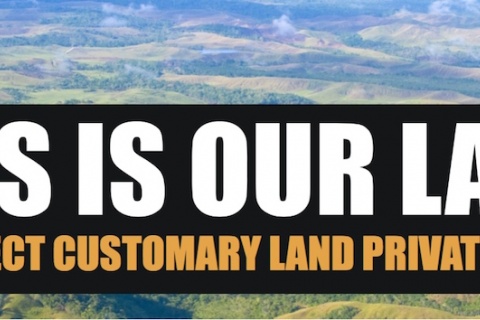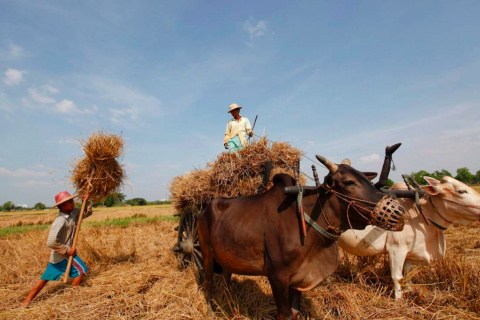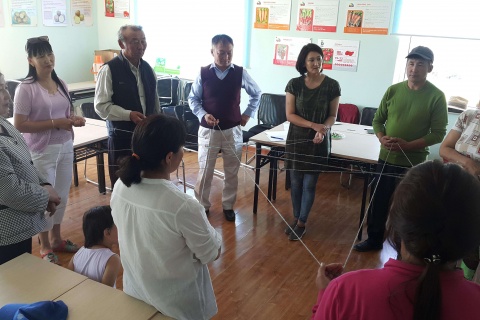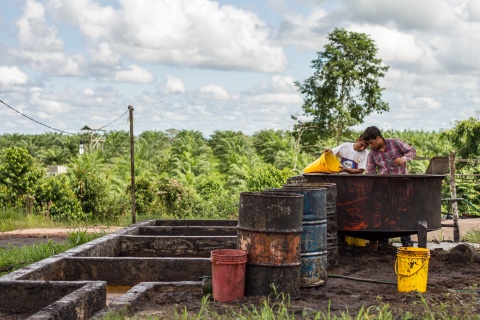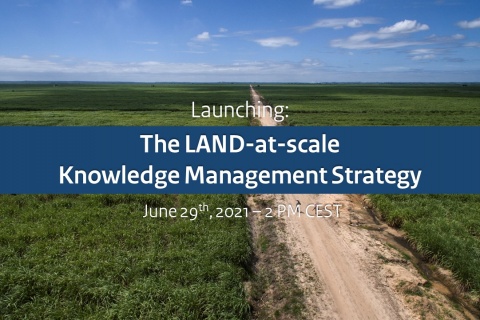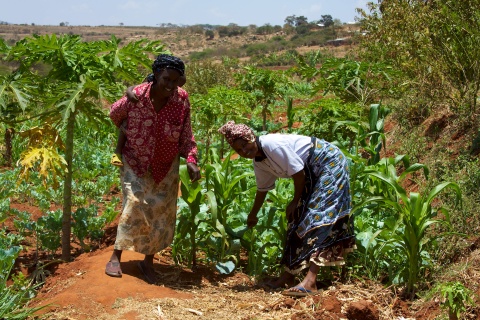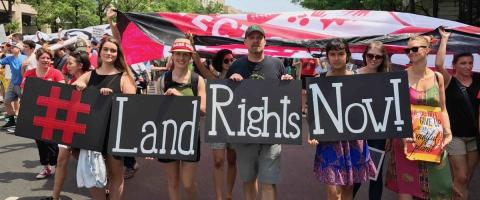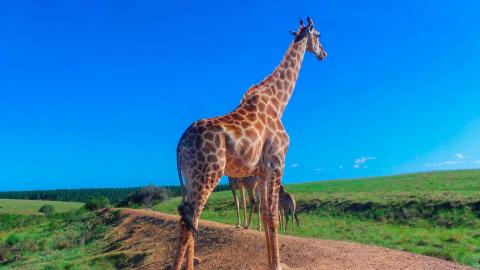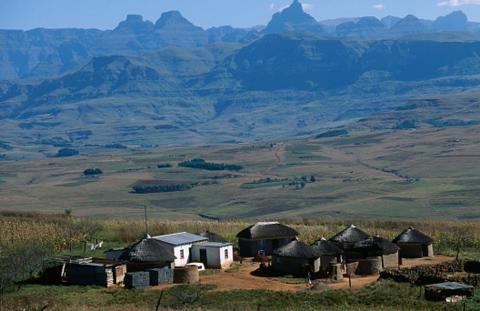Découvrez des histoires cachées et des voix non entendues sur les questions de la gouvernance foncière dans le monde entier. C'est ici que la communauté du Land Portal partage ses activités, ses expériences, ses défis et ses succès.
Issues
Geographical focus
The Maasai community of Musul have lived on the same land in Laikipia county for generations. It is their source of food and water, the heart of their culture and beliefs, and their ancestral home. But until recently, their legal rights to govern it were tenuous.
WHY REJECT CUSTOMARY LAND PRIVATISATION
Most of the world’s land is still stewarded by communities under customary systems. Billions of people rely on communally managed farmland, pasture, forests and savannahs for their livelihoods.
This collective management of resources is viewed in the colonial or capitalist economic model as an obstacle to individual wealth creation and private profit.
Our food systems are in urgent need of transformation, as humanity faces one of our biggest challenges yet; feeding a future population of 10 billion people with safe and nutritious food while keeping a healthy planet. Our food system has the power to tip the scales and transform the future of our planet and humankind.
There is an underlying tension in the land rights movement that is rarely addressed head on, which is the perception that securing women’s land rights threatens community land rights. Community land rights are typically held by indigenous people, small-scale and subsistence farmers, pastoralists, herders and many other groups who are directly dependent on land for their livelihoods but whose land tenure is often the most precarious.
The main objective of the LAND-at-scale program is to directly strengthen essential land governance components for men, women and youth that have the potential to contribute to structural, just, sustainable and inclusive change at scale. An ambitious objective, that cannot be achieved in isolation. Alignment is, therefore, a key factor in all LAND-at-scale activities - be it at project level for our country interventions or through our collaborative approach to knowledge management.
Knowledge management and learning are at the heart of the LAND-at-scale program. On June 29th at a pre-event of the LANDac conference, the Netherlands Enterprise Agency (RVO), LANDac and the International Land Coalition (ILC) officially announced their collaboration to implement the knowledge management (KM) component of the program.
La recherche doctorale fournit des éléments clés pour renforcer notre base de connaissances sur l'accès à la terre, la gouvernance foncière et les défis liés au développement, aux crises et à la résilience. C'est pourquoi LANDac réserve une place spéciale dans le programme pour discuter de leurs contributions.
This session zoomed in on the local situation and challenges faced by grassroots communities and women in some low-Income countries. It provided an overview of support provided by Civil Society organizations (and governments) facilitating communities, women in particular, to step up the efforts to strengthen their land rights and to generate resilience in face of the climate and COVID-19 challenges they are facing.
More secure land tenure provides much better opportunities to face climate and COVID-19 challenges by investing in high biodiversity local food & income systems.
Dans son livre L’Invention du colonialisme vert. Pour en finir avec le mythe de l’Éden africain (Flammarion, 2020), l’historien de l’environnement Guillaume Blanc analyse les ressorts et les conséquences d’une vision idéalisée de la nature africaine héritée de la période coloniale.
By Ben Cousins, Emeritus Professor, Institute for Poverty, Land and Agrarian Studies (PLAAS), University of the Western Cape
* This article originally appeared in the The Conversation on 22 June 2021


